Saudi defence pact not linked to Qatar attack: Khawaja Asif
Defence minister claims Imran Khan operates his X account from jail, refutes earlier suggestion it's run from India
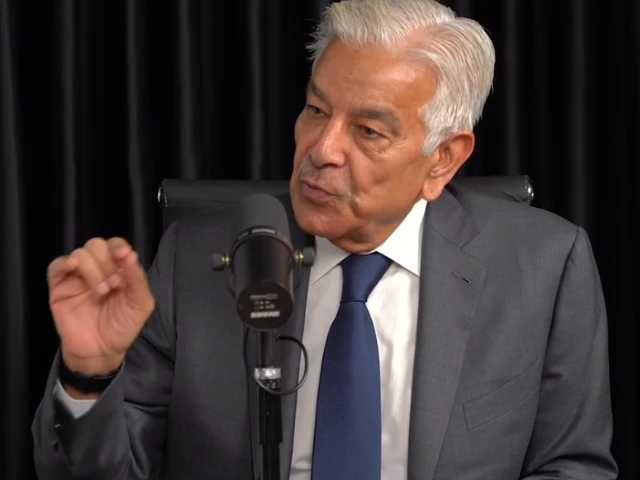
Defence Minister Khawaja Asif has clarified that the recent defence agreement between Pakistan and Saudi Arabia is not linked to the ongoing regional tensions — particularly Israel’s actions in Qatar — but is the result of years of sustained bilateral dialogue and cooperation.
In an exclusive interview with British-American journalist Mehdi Hasan, Asif confirmed that the pact was not a reaction to recent regional developments.
"This agreement is not a reaction to what happened in Qatar," he asserted. "It had been under negotiation for quite some time. While its finalisation may have been sped up, it was already in the offering," he added.
Asif went on to elaborate on the long-standing relationship between Pakistan and Saudi Arabia, emphasising the continuation of a defence partnership that dates back over five decades.
"We’ve had a military presence in Saudi Arabia for many years, sometimes reaching 4,000 to 5,000 troops. The relationship was a bit transactional, but now, it has been formalised," he stated, underscoring the enduring cooperation between the two nations.
Read: PM hails historic response to Indian aggression, calls for peace and dialogue at UNGA session
When asked if the agreement involved Pakistan’s nuclear umbrella, Asif declined to discuss the matter. "This is a defence pact, and such matters are not publicly discussed," he replied, avoiding direct engagement on the subject.
Pakistan and Saudi Arabia signed a landmark Strategic Mutual Defence Agreement, declaring that "any aggression against either country shall be considered an aggression against both," according to a joint statement.
The pact was signed during Prime Minister Shehbaz Sharif's visit to Riyadh at the invitation of Saudi Crown Prince and Prime Minister Mohammed bin Salman bin Abdulaziz Al Saud.
The interview also touched upon Pakistan's domestic politics, with Hasan questioning the minister on the treatment of former prime minister Imran Khan, who has been imprisoned since August 2023.
Despite international condemnation, including a UN expert panel declaring Khan’s detention "illegal," Asif defended the government’s actions, though he did not provide specific details regarding the legal justification.
When questioned about the allegations surrounding former prime minister Imran Khan’s Twitter account, Asif responded by stating that Khan is operating the account from his jail cell.
Read: Indian official linked to murder plot, assassination plans in Nepal or Pakistan, US court alleges
Hasan, however, pointed out that Asif had previously suggested the account was being run from India. In a candid exchange, Asif countered, "Who, then, is operating the account? What is the truth? Either he is operating it from his cell, or he should at least identify who is behind it."
Asked about the evidence supporting his claims, Asif was reluctant to provide specifics. "I cannot disclose the evidence," he said. However, when pressed further about whether the claims were based on intelligence, he confirmed, "Obviously, it is based on intelligence. Nobody is stating it openly."
The conversation then turned to broader geopolitical issues, such as Pakistan’s stance on Kashmir. Asif reiterated Pakistan's support for a potential referendum for Kashmiri independence and maintained that the issue of self-determination for the Kashmiri people remains central to Pakistan’s foreign policy.
Addressing the current state of relations with the United States, he acknowledged a "transactional" dynamic with Washington, describing the relationship as often “flirtatious”.
Asked about Pakistan’s relationship with China, Asif reaffirmed that China remains Pakistan's foremost strategic partner. "They are reliable, and they are our neighbour," he said, placing emphasis on the crucial role the bilateral relationship plays in Pakistan’s foreign policy outlook.



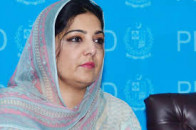



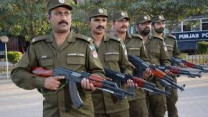





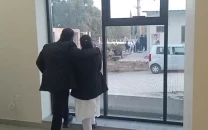





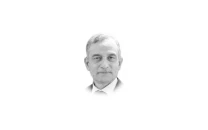
COMMENTS
Comments are moderated and generally will be posted if they are on-topic and not abusive.
For more information, please see our Comments FAQ